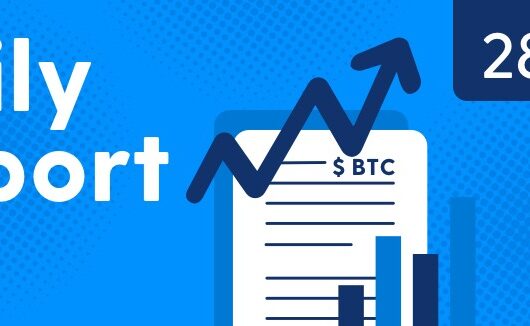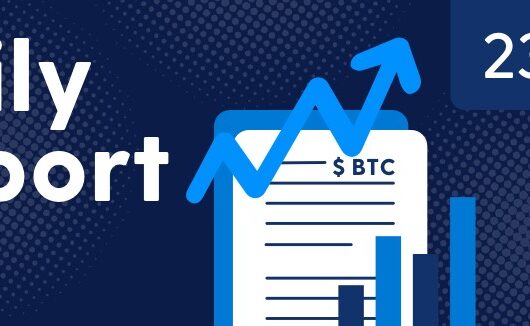Everything you need to know about Libra, Facebook’s cryptocurrency

Facebook has announced its own cryptocurrency: Libra. Made available using a digital wallet (called Calibra), the social media behemoth has opened up a whole new way for people to pay for everyday items directly using their smartphone.
Here’s a look at how Libra will work.

What is Libra?
Facebook has revealed the details of its cryptocurrency, Libra. In a huge move towards getting crypto to the world, people will be able to use the currency with nearly zero fees.
You’ll be able to buy, or cash out your Libra online or at local exchange points like grocery stores, and spend it using third-party wallet apps or Facebook’s own Calibra wallet that will be built into WhatsApp or Messenger.
It has been backed by Visa and Mastercard, as well as businesses such as Uber, Spotify and eBay. With goods and services giants like these having skin in the game, access to the new financial system for everyone looks like it’s knocking at the door. Eventually, people will be able to pay for almost anything from their weekly shopping, to an Uber journey or their Spotify subscription — all with Libra (Libras? Librae? Librii? The grammar geeks are still deciding how the plural of ‘Libra’ will work out).
How does cryptocurrency work?
A cryptocurrency is any digital currency that uses cryptography to validate and secure transactions. They are a digital form of money, and transactions are securely (and in many cases anonymously) carried out between two parties, which many argue make it more secure against fraud.
Cryptocurrencies are often built on blockchain networks; a network that records transactions, much like a traditional ledger. These transactions can be any movement of currency, goods or secure data.
A huge benefit of cryptocurrencies is also that they are decentralised, meaning that no one entity makes decisions on how the cryptocurrency operates. controls the currency in contrast to how a central bank controls traditional currency. As opposed to a centralised network, like banking, where one authority such as the central bank makes decisions.
How is Facebook’s different?
Facebook’s Libra is a stablecoin, meaning it is backed by a reserve of assets — including linking it to several international currencies — from a number of central banks in order to keep its pricing stable.
Two of the biggest issues for cryptocurrency so far, Facebook argues, have been scalability and volatility. Bitcoin (a ‘regular’ cryptocurrency), for example, has seen its price fluctuate violently in recent years as its price is linked to supply and demand.
The Libra developers have said that launching it through Facebook apps will also make it immediately accessible to more than two billion people globally — the number who use a Facebook app each month.
How do you actually own and spend Libra?
Through Libra wallets like Facebook’s own Calibra and others that will be built by third parties.
Users will then be able to convert their money into Libra and add it to their digital wallet. Once in place, the currency can be used to pay for “everyday transactions, like buying a coffee, buying groceries or taking public transportation”.
Facebook said initially the new payment system will support peer-to-peer payments between individuals, as well as some other ways to pay for goods and services — for example by scanning a QR code.
The system will eventually be expanded to include integration into point-of-sale systems in stores, which would allow in-store payments that would work in a similar fashion to paying with a debit or credit card or using contactless technology. Again, not revolutionary, but perhaps quite evolutionary.
Because it will also be built into WhatsApp and Facebook Messenger, users will also be able to send and receive money between their friends and families just by sending them a message.
This will also work with any businesses they interact with on those platforms, Facebook said.
Will Luno list Libra?
The white paper has just been released with the proposed launch in early 2020, we will follow closely and as the project matures we will consider adding the coin. Read our thoughts on the new initiative.
 Discover
Discover Help Centre
Help Centre Status
Status Company
Company Careers
Careers Press
Press


